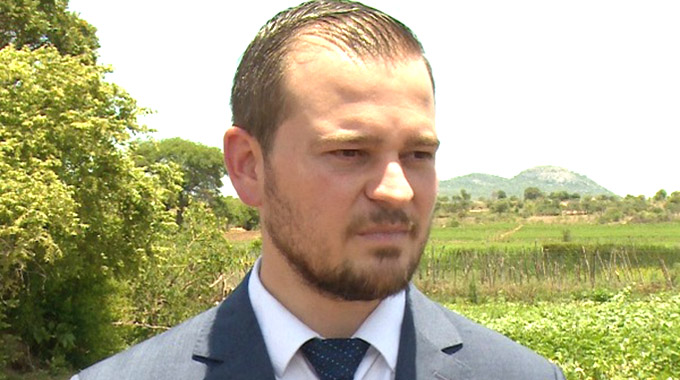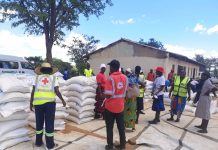Farai Mabeza
ZIMBABWE is currently working on reviewing and developing the second Zimbabwe Agriculture Investment Plan (ZAIP) as it continues to struggle to fully harness its agriculture potential.
This was revealed by the Lands, Agriculture, Water, Culture and Rural Resettlement deputy minister Vangelis Haritatos at a workshop on Enabling the Business of Agriculture in Zimbabwe.
He said agriculture in Zimbabwe was a major source of livelihood for over 67 percent of the people.
“It is quite ironic that with abundant land, water resources and favourable climatic conditions Zimbabwe remains food insecure and spends a substantial amount of foreign currency each year on imports of food and other essential commodities while certain sections of the community languish in poverty under and face malnutrition,” Haritatos said.
Zimbabwe’s agriculture struggles with frequent droughts, limited resilience, inadequate resources, low production and productivity, limited success to markets and limited access to appropriate finance.
“The solution and way of dealing with this crisis is increasing agricultural production in a sustainable and environmentally friendly manner
“Our ministry is currently working on a review and development of the second generation of the Zimbabwe Agriculture Investment Programme dubbed ZAIP 2 with support from the African Union.
“The ministry has commissioned a number of studies that are aimed at generating evidence to feed into the review process.”
Meanwhile, the Food and Agriculture Organisation (FAO) is providing technical assistance to the Government of Zimbabwe under the AGRINVEST initiative.
AGRINVEST aims to revamp the Zimbabwean agriculture sector through improving smallholder farmer inclusiveness, access to jobs, increasing agricultural product exports, improving trade balance, as well as enhancing food and nutrition security.
FAO officer-in-charge, Berhanu Bedane, said Zimbabwe required the right framework to harness the great potential in the private sector.
“Private sector investment decisions are determined by a number of variables such as sector risks, policies in place and regulatory arrangements. If these variables are not attractive in the agricultural sector, investors will invest elsewhere.
“We should acknowledge that the agricultural sector is also in competition with other sectors like mining and tourism. Hence, we should ensure that the agricultural sector is investment friendly in order to capitalize on the private sector engagement opportunities,” Bedane said.
According to FAO, AGRIINVEST harnesses the opportunities created by ZAIP.
The first ZAIP ran from 2013 to 2017 while ZAIP 2 was launched in 2019.













